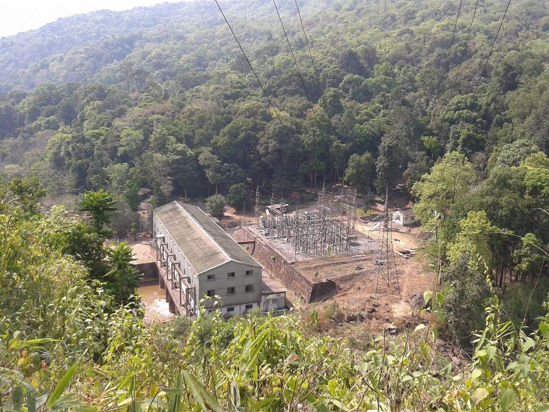Industry
- Hydro
Continent
- Asia
Country
- India
Vintage 
- CP1: 2008-2012
- Bank transfer
- PayPal or Credit Card
Sustainable Development Co-Benefits
Environmental
- Air
- Natural resources
Social
- Welfare
Economic
- Growth
| 10/4/2022 |  | 7,800 t |
| 10/13/2020 |  | 30 t |
| 10/10/2020 |  | 15 t |
| 9/25/2020 |  | 15 t |
| 9/17/2020 |  | 30 t |
| View all 241 | ||
312
18 MW Kemphole Mini Hydel Scheme (KMHS), by International Power Corporation Limited, India
241
This project generates electricity through the natural water current of the Kemphole river stream, in Karnataka, India. It contributes with annual emission reductions of 50,000 tCO2. The project supports the sustainable development by narrowing the power deficit, employing local villagers, and improving infrastructure.





